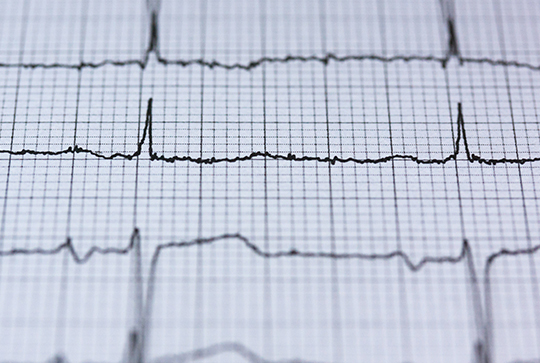Understanding the Cost of EKG and Echocardiogram: What to Expect
In the realm of healthcare, understanding the costs associated with medical procedures is essential for informed decision-making. Two common diagnostic tests in cardiology are the electrocardiogram (EKG) and the echocardiogram. These tests play crucial roles in assessing heart health, but many patients are often left wondering about the expenses involved. Let’s delve into the cost considerations for these examinations.

Cost of EKG:
An EKG, also known as an electrocardiogram, is a non-invasive test that records the electrical activity of the heart over a period. It’s frequently used to detect heart abnormalities such as arrhythmias, heart attacks, and other cardiac conditions. The cost of an EKG can vary depending on various factors such as location, healthcare provider, and insurance coverage.
On average, the cost of EKG can range from $50 to $200 without insurance coverage. However, with insurance, patients may only be responsible for a copayment or deductible, significantly reducing out-of-pocket expenses. Some healthcare facilities may offer bundled packages or discounts for multiple tests, further impacting the final cost.
It’s important to note that additional fees may apply if further analysis or interpretation by a cardiologist is required. This could incur extra charges, potentially increasing the overall cost. Patients should inquire about all potential fees associated with the EKG beforehand to avoid any surprises.
Cost of Echocardiogram:
An echocardiogram is a diagnostic test that uses sound waves to create detailed images of the heart’s structure and function. It provides valuable information about heart valve function, blood flow, and overall cardiac performance. Like the EKG, the cost of an echocardiogram can vary widely depending on factors such as geographical location, type of facility, and insurance coverage.
On average, the Cost of echocardiogram ranges from $200 to $1000 without insurance. However, as with the EKG, patients with insurance may have significantly lower out-of-pocket costs due to coverage benefits. Factors such as whether the echocardiogram is performed in a hospital, clinic, or outpatient facility can also influence the final bill.
Additional costs may arise if specialized echocardiographic techniques are required, such as stress echocardiograms or transesophageal echocardiograms (TEE). These specialized procedures typically incur higher fees due to the additional equipment and expertise involved.
Navigating Costs with ACAweb.com:
For patients seeking transparency and clarity regarding healthcare costs, ACAweb.com serves as a valuable resource. This online platform offers comprehensive information on medical procedures, including the cost estimates for EKGs and echocardiograms. By utilizing ACAweb.com, patients can compare prices from different healthcare providers, understand insurance coverage options, and make informed decisions about their healthcare.
Moreover, ACAweb.com provides insights into potential financial assistance programs or discounts offered by healthcare facilities, helping patients mitigate the financial burden of medical expenses. By empowering patients with knowledge and resources, ACAweb.com aims to promote affordability and accessibility in healthcare services.
Conclusion: –
In conclusion, understanding the costs associated with medical procedures such as EKGs and echocardiograms is crucial for patients navigating the healthcare system. While expenses can vary depending on factors like location and insurance coverage, platforms like ACAweb.com offer valuable insights and resources to help patients make informed decisions about their cardiac care. By advocating for transparency and affordability, ACAweb.com strives to empower patients on their healthcare journey.
Source Url: –
https://sites.google.com/view/acaweb24/home
For More Info: –
